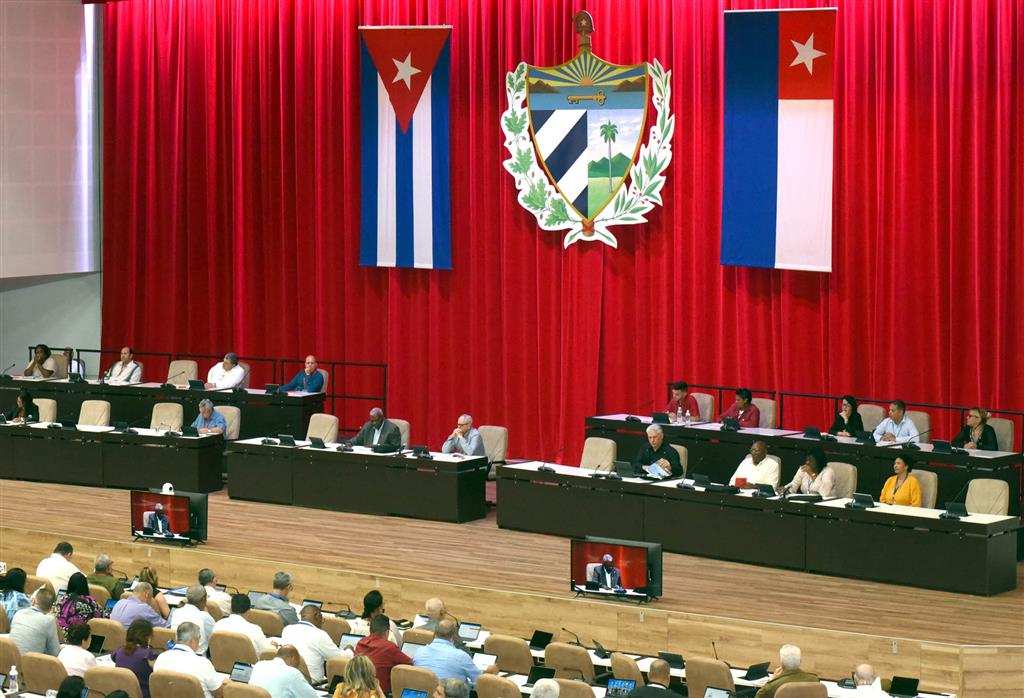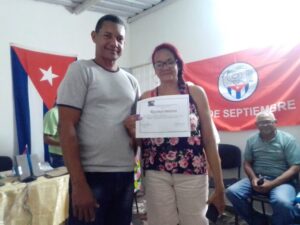The progress of the Cuban government’s action plan to correct distortions and boost the economy will open today the agenda of the National Assembly of People’s Power, which will begin the third session of its ninth legislature.
Gathered in the capital’s Palacio de las Convenciones, the deputies will learn on Wednesday about the state of the Caribbean nation’s economy at the end of the first half of the year.
The parliamentarians will also receive an update on the progress of the execution of the State budget for 2024 and the liquidation of the budget for 2023.

During this session of the National Assembly, which runs until 20 July, the Ministry of Domestic Trade and the Provincial Government of People’s Power in Villa Clara (centre) will report to the legislature.
Likewise, lay judges will be elected to the People’s Supreme Court and the proposed laws on Citizenship, Migration and Foreigners, as well as those on Administrative Procedure, Transparency and Access to Public Information, and the System of Honorary Titles and Decorations will be analysed.
Since the 15th, the National Assembly’s committees have been evaluating the functioning of Cuban organisations, the progress of economic processes, the advancement of women, the situation of transport and housing, as a prelude to the third ordinary period of sessions.

This Tuesday, accompanied by Cuban President Miguel Díaz-Canel, the parliamentarians analysed the policy for the Law of the Socialist State Enterprise, an institution considered to be the main subject of the national economy, as established in the Constitution of the Republic.
Composed of more than 400 deputies, the National Assembly of People’s Power is Cuba’s highest legislative body, and currently has one of the highest rates of female representation in the world.




